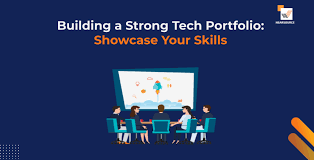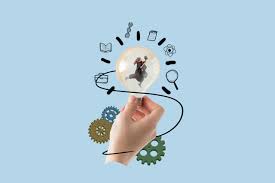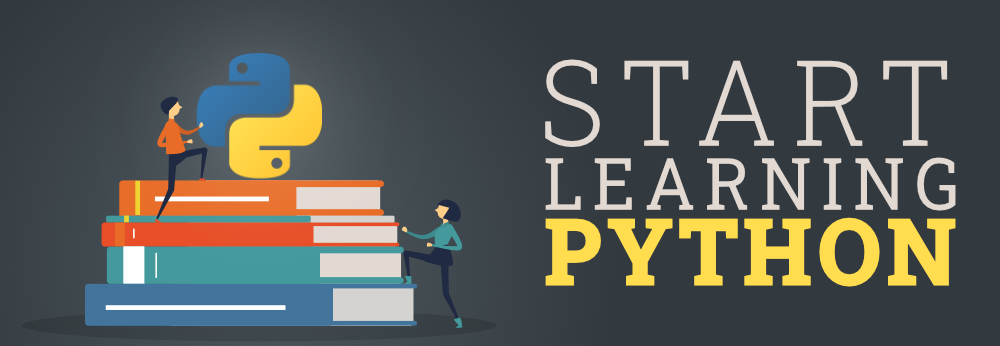Introduction
If you’re studying for a Bachelor of Computer Applications (BCA), you might be interested in exploring advanced topics that go beyond the basics. Here’s a list of exciting topics that are shaping the future of technology. These ideas can inspire you to create a blog or research further into the latest trends.
1. Artificial Intelligence (AI) and Machine Learning (ML)
- AI in Healthcare: AI helps doctors diagnose diseases faster and more accurately. It can also predict future health trends.
- ML Algorithms: Learn how machines can improve their performance by analyzing data, such as predicting customer behavior.
- NLP: Natural Language Processing is making chatbots smarter and helping machines understand human language.
2. Blockchain Technology
- Beyond Cryptocurrencies: Blockchain is not just for Bitcoin. It can be used for secure data storage, supply chain tracking, and even voting systems.
- Smart Contracts: These are self-executing contracts where the terms are directly written into code. They are changing how agreements are made.
- Blockchain Security: While it’s secure, blockchain still faces challenges like attacks on its network. Understanding these risks is key.
3. Cloud Computing
- What is Cloud-Native Development?: It’s about building apps specifically for the cloud, using tools like Kubernetes for better performance and scalability.
- Serverless Computing: This is when companies use cloud services to run apps without managing servers, making it cost-efficient.
- Cloud Security: Cloud environments must be secure. Learn about encryption, multi-factor authentication, and best practices to keep data safe.
4. Cybersecurity and Ethical Hacking
- Penetration Testing: This is the practice of hacking into systems to find vulnerabilities before malicious hackers can exploit them.
- Zero-Trust Security: This is a security approach where every action, even internal network requests, is verified before access is granted.
- Malware Analysis: Learn how experts study malicious software to understand how it works and how to stop it.

5. Data Science and Big Data
- Data Mining: Companies use data mining to find hidden patterns in large data sets, helping them make smarter decisions.
- Predictive Analytics: This involves using past data to predict future trends, like forecasting stock prices or customer buying habits.
- Real-time Data Processing: Tools like Apache Kafka help businesses analyze data as it arrives, providing instant insights.
6. Internet of Things (IoT)
- Smart Cities: IoT devices are making cities smarter by improving traffic flow, waste management, and energy use.
- IoT in Healthcare: Wearable devices track health metrics like heart rate and steps, providing doctors with valuable data for patient care.
- Edge Computing: IoT devices use edge computing to process data closer to where it’s generated, reducing delays and improving performance.
7. Mobile App Development
- Cross-Platform Development: Frameworks like Flutter and React Native allow developers to write apps that work on both Android and iOS.
- Augmented Reality (AR): AR adds digital elements to the real world. It’s used in gaming, shopping apps, and educational tools.
- Progressive Web Apps (PWAs): These apps combine the best parts of websites and mobile apps, offering offline functionality and fast load times.
8. DevOps and CI/CD
- DevOps Practices: DevOps is about bringing development and operations teams together to release software more quickly and efficiently.
- CI/CD Pipelines: Continuous Integration and Continuous Delivery automate testing and deployment, improving software quality and speed.
- Containerization with Docker: Docker helps developers create, test, and deploy apps inside containers, making them easy to move and scale.
9. Game Development
- Unity vs Unreal Engine: Both game engines are powerful, but Unity is better for mobile games, while Unreal is great for high-performance 3D games.
- Game AI: AI is used in games to control non-playable characters (NPCs) and create challenging gameplay experiences.
- Virtual Reality (VR): VR is changing gaming by immersing players in completely virtual worlds for a more engaging experience.
10. Robotics and Automation
- Industrial Robotics: Robots are now used in factories for tasks like assembling cars and packaging products, improving efficiency.
- Automation with RPA: Robotic Process Automation (RPA) automates repetitive tasks, saving time and reducing errors in business operations.
- Robots in Healthcare: Robots assist in surgeries, patient care, and even rehabilitation, improving precision and patient outcomes.
11. Quantum Computing
- What is Quantum Computing?: Unlike traditional computers, quantum computers use quantum bits (qubits) to perform calculations at lightning speeds.
- Applications of Quantum Computing: It promises breakthroughs in fields like medicine, cryptography, and complex problem-solving.
Conclusion
The world of technology is moving fast, and understanding these advanced topics can help you stay ahead of the curve. Whether you’re interested in AI, cybersecurity, or game development, there are endless opportunities to explore and grow. Keep learning, and stay curious!
Read Our Latest Blog
How to Build a Strong Portfolio as a BCA Graduate
For More Information and Updates, Connect With Us
Name Abhishek
Phone Number: +91-7488456170
Email ID: abhishek@eepl.me
Our Platforms:
Digilearn Cloud
EEPL Test
Live Emancipation
Follow Us on Social Media:
Instagram – EEPL Classroom
Facebook – EEPL Classroom
Stay connected and keep learning with EEPL Classroom!












